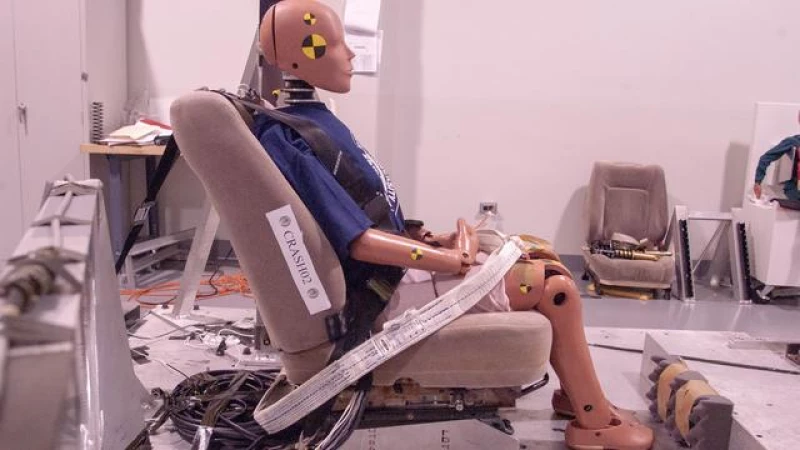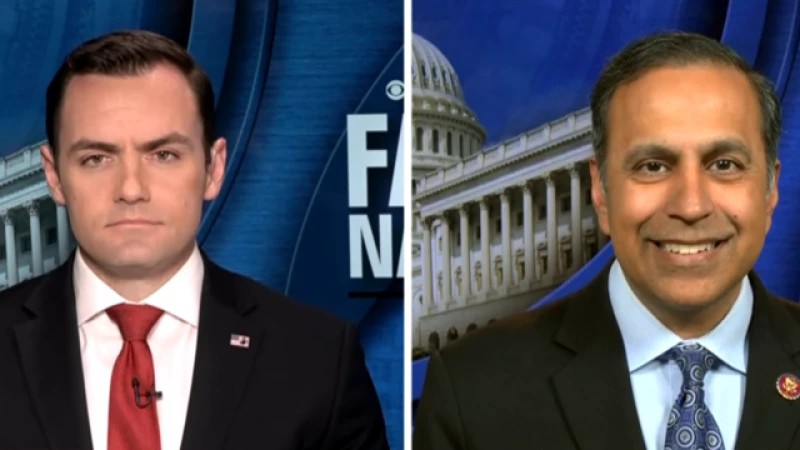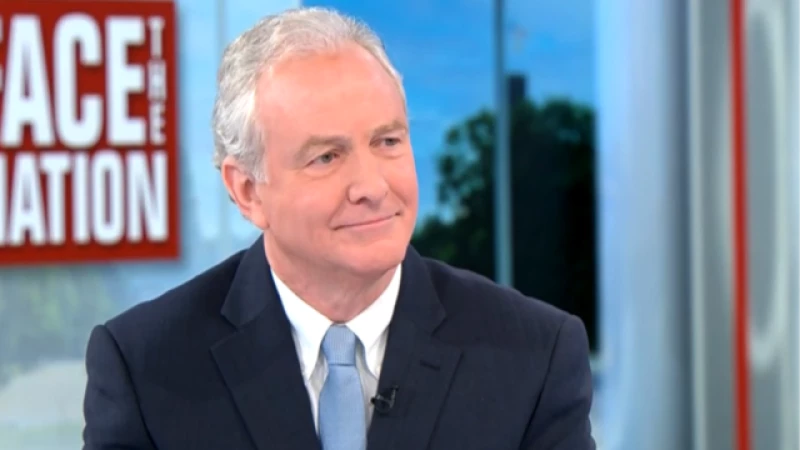When the bipartisan infrastructure bill was signed into law two years ago this week, it set a deadline for the National Highway Traffic Safety Administration (NHTSA) to develop several new safety regulations, including one prompted by an in-depth investigation conducted by CBS News.
Unfortunately, that two-year deadline expired on Wednesday without the introduction of a proposed regulation to enhance the 56-year-old federal safety standard for vehicle seats. A CBS News investigation that began in 2015 revealed that the current strength standard from 1967 leaves vehicle front seats vulnerable to collapse in rear-end crashes, thereby increasing the risk of injury or death for children seated in the back.
This week also marks the 13th anniversary of a tragic incident involving 16-month-old Taylor Warner. Taylor lost her life when the family minivan was rear-ended while stopped at a sign. The impact of the crash caused her father Andy's seat to collapse backwards, resulting in a collision with Taylor, who was securely fastened in her car seat.
"It's disheartening that despite years of effort with CBS and the significant loss of lives or negative impacts, NHTSA did not prioritize this issue and allowed the deadline to pass," expressed Liz Warner, the mother of Taylor, to CBS News. "Our objective from the beginning has been to ensure that other families and their innocent children do not have to go through this, and by delaying action, more and more people suffer."
Andy Warner, in an interview with CBS News two years ago when the infrastructure bill was signed into law, stated, "I don't want her death to be in vain."
Advocates for safety, including the Center for Auto Safety in Washington, D.C., also voiced their frustration over the missed deadline.
"The Center is disappointed that NHTSA has been unable to meet the deadline mandated by Congress and initiate the process of enhancing federal safety standards to prevent deaths and injuries caused by seat back collapse," commented Michael Brooks, the executive director of the Center for Auto Safety. "We urge the agency to prioritize this rulemaking, particularly considering the decades of neglect in safety requirements for rear seats." The Center also reiterated its call for automakers to improve their seat designs in ways that prioritize the protection of all vehicle occupants.
Last week, a group of Democratic senators sent a letter to the National Highway Traffic Safety Administration (NHTSA) requesting an update on the progress of various auto-safety improvements, including seat-back legislation. The senators commended NHTSA for its efforts to reduce traffic-related fatalities but emphasized the importance of continued action to ensure road safety. They stated that with the passage of the infrastructure bill, regulators have the necessary support from Congress to implement life-saving traffic safety measures.
In 2021, fatal motor vehicle crashes reached a 16-year high, totaling nearly 43,000. Although the numbers have slightly decreased since then, the senators highlighted the urgency of addressing the issue.
According to Democratic Senator Ed Markey of Massachusetts, who played a key role in advocating for seat back safety, NHTSA was urged to take action when the Bipartisan Infrastructure Law was passed. However, the statutory deadline has passed, and lives are still at risk. Senator Markey expressed his commitment to continue pressuring NHTSA until measures are in place to prevent front seats from becoming deadly threats to children seated behind them.
Senator Markey and Senator Richard Blumenthal of Connecticut led the Senate's efforts to change the seat strength standard. The letter to NHTSA Acting Administrator Ann Carlson was also signed by Senators Ben Ray Luján, Jack Reed, Chris Van Hollen, Elizabeth Warren, Amy Klobuchar, Dick Durbin, Ron Wyden, and Sherrod Brown.
NHTSA is being urged to take immediate action in implementing the traffic safety measures outlined in the infrastructure law. Despite persistently high rates of traffic deaths and injuries, the implementation of crucial measures such as rear seat alerts to prevent child hot car deaths, keyless ignition shutoff technology, and seatback safety enhancements has been delayed. Senator Blumenthal emphasized the need for swift action from NHTSA to ensure public safety.
In response to these concerns, NHTSA highlighted some of the work it has already completed, including a proposed rule for automatic emergency braking in new vehicles and the allowance of adaptive driving-beam headlights in new vehicles. However, NHTSA acknowledged that it is still in the process of fulfilling all the requirements outlined in the Bipartisan Infrastructure Law.
The completion of the required rulemaking on the new seat strength standard has been significantly delayed, with NHTSA stating that it requires sufficient time to consider public input. This echoes the concerns previously raised by the senators in their letter. NHTSA's online dashboard currently shows the seatback regulation as being in the "Prerule Stage."
Transportation Secretary Prioritizes Auto Safety Reforms
In a recent interview, Transportation Secretary Pete Buttigieg emphasized the importance of moving quickly and getting it right when it comes to auto safety reforms. He commended the hard work and dedication of the team at the National Highway Traffic Safety Administration (NHTSA) in issuing necessary rules required by Congress. Buttigieg stated that the primary goal is to reduce injuries and deaths caused by auto accidents, and the aim is to complete the work by January 2025.
During a multi-year investigation, it was discovered that seat collapses in rear-end collisions can lead to serious injuries. Shockingly, it was found that all the seats that failed in these crashes actually met or exceeded the federal strength standard that has been in place for over 50 years. NHTSA researchers had previously warned about seatback collapses in the 1990s, and car manufacturers have been aware of the issue for years. In fact, a General Motors engineer admitted in a deposition that the company started tying down test dummies to prevent them from being lost in crashes.







